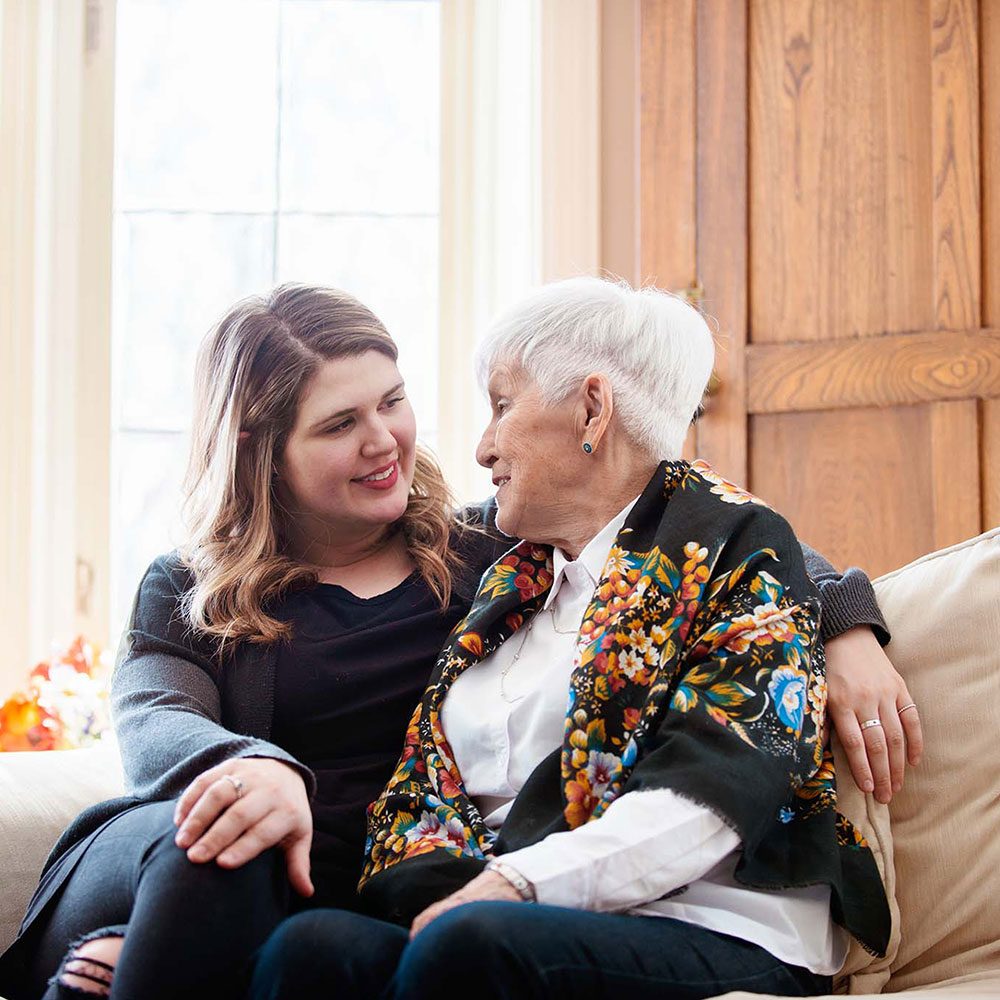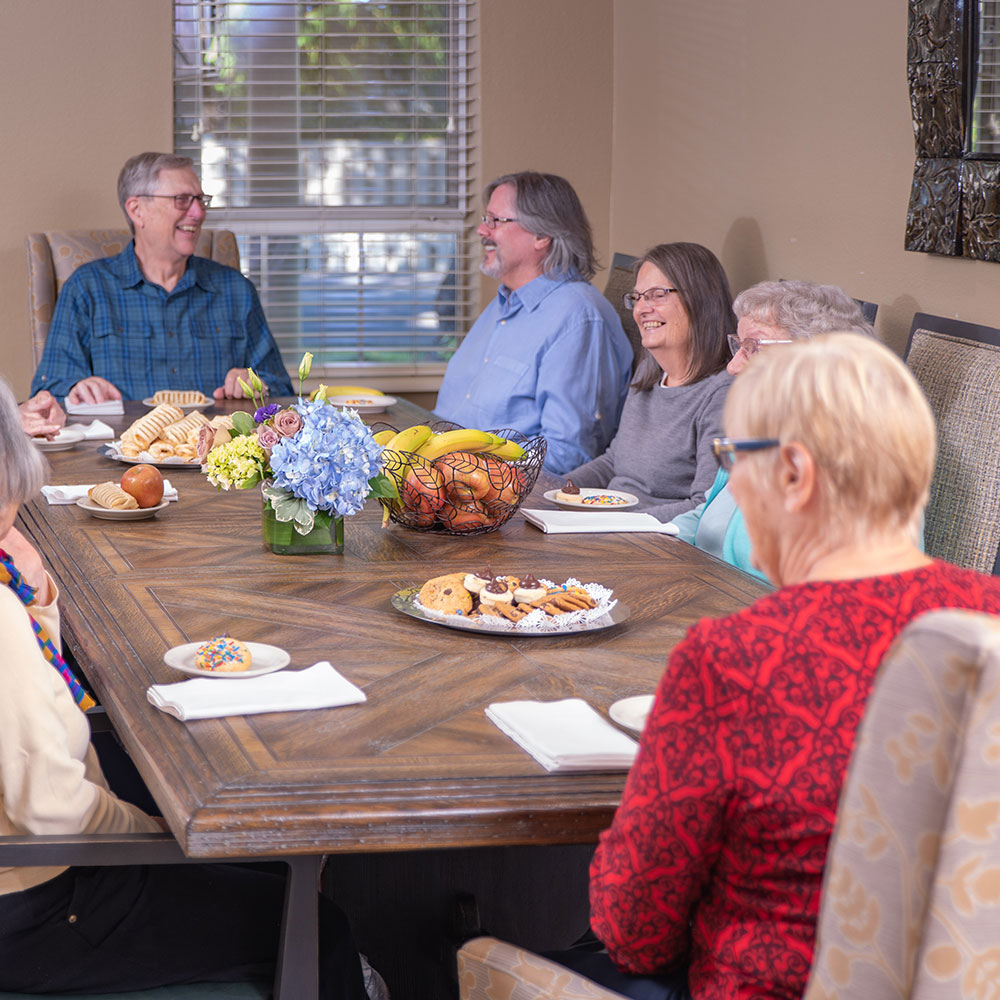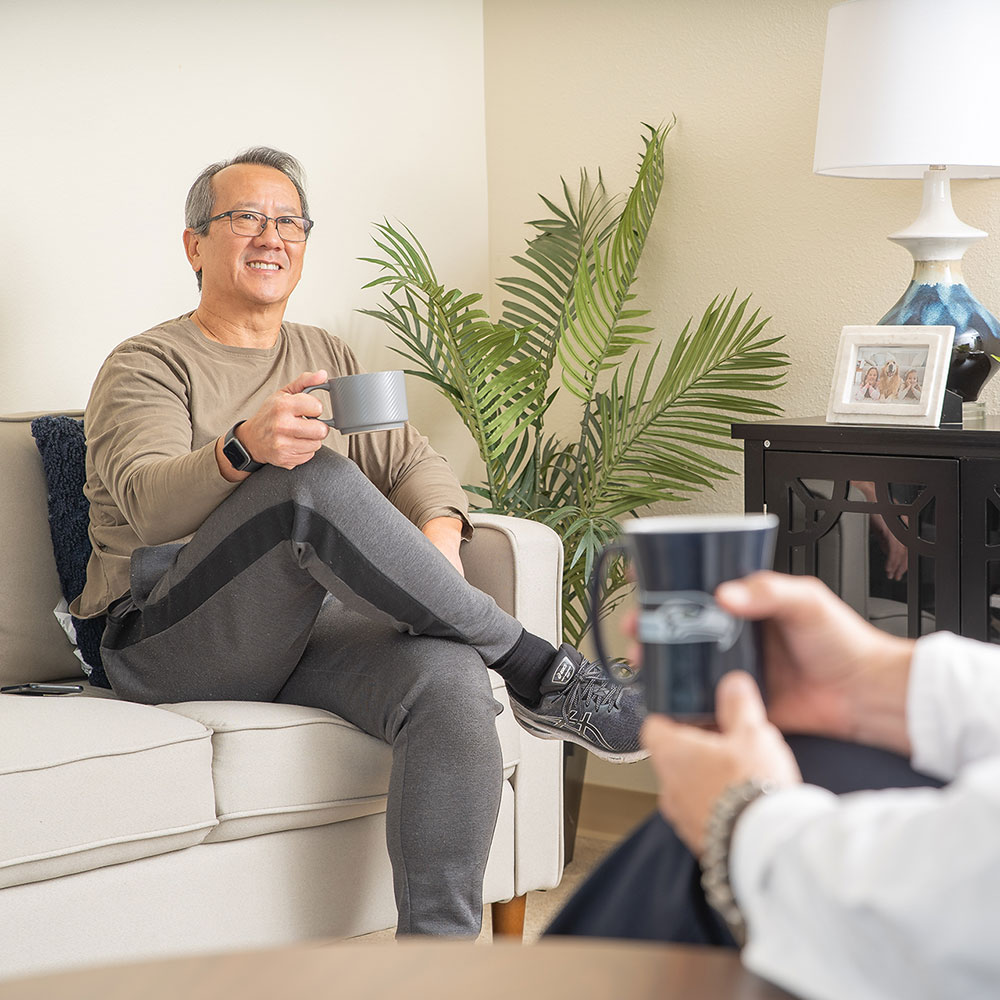In Part 1, we debunked common misconceptions to provide clarity and dispel myths surrounding senior housing.
In Part 2, we laid out a strategic sequence of steps to help you evaluate senior housing effectively. Following this sequence will save you time, avert conflicts in decision-making, and build confidence in your choices.
Deciding When to Move
If you’ve followed the steps outlined in Part 2, you’ve gathered information, clarified your preferences, and experienced life in a senior community. With newfound knowledge, the decision to move becomes more straightforward. If your senior community experience promises a better quality of life, the move may become a sooner-than-later decision.
For those still uncertain, consider the following questions:
Dangers of Isolation and Loneliness
Various circumstances can lead to loneliness or isolation in later life, such as the loss of a spouse, geographically distant family, disappearing community networks, chronic illnesses, or the inability to drive.
If any of these situations apply to you, you may want to consider findings from the US Center for Disease Control and Prevention (CDC):
- Social isolation significantly increases the risk of premature death, rivaling risks associated with smoking, obesity, and physical inactivity.
- A 50% increased risk of dementia is associated with social isolation.
- Poor social relationships correlate with a 29% increased risk of heart disease and a 32% increased risk of stroke.
- Loneliness is linked to higher rates of depression, anxiety, and suicide.
- Among heart failure patients, loneliness is associated with a nearly 4 times increased risk of death.

In many ways, living in a senior community is the remedy to the loneliness and isolation associated with aging. Developing strong relationships is easier in a senior community because residents have a large number of neighbors, and there are activities designed to bring people together with similar interests every day.
When evaluating the strength of your social network, keep these findings in mind. People who minimize the risks presented in the CDC study are part of a community in more than one way. Avoiding loneliness comes from belonging to and interacting with several groups of people who know and care about you throughout the week or daily. It does not come from support groups, hired workers, pets, or digital devices.

Lifestyle
Senior communities offer a streamlined lifestyle that includes:
- A comfortable home.
- Regular housekeeping.
- Access to well-kept grounds and common areas.
- An events calendar that offers a choice of activities and social engagements every day.
- Professionally prepared meals.
- Being part of a community with caring people who know and appreciate you.
- Having access to health care services, if you need them.
- Having access to wellness and exercise classes.
- All of the above included in one simple monthly bill.
Consider how attractive this combination of attributes is to you now, and what you might need in the next couple of years. Weigh the opportunity for your improved quality of life against concerns. Moving is hard, but living an isolated, lonely life is harder.
Staying In Control
One downside of indecision is leaving yourself vulnerable to others making choices for you. This can happen to people whose move is prompted by a healthcare crisis that takes them to the hospital or a skilled nursing facility. After recovering, some people cannot go home because it is no longer safe. In these cases, family members and/or friends will be forced to find a location for you based on what is available. This is stressful for everyone involved, and in the end, you might not get a place you like. This is different than a process where you get to explore your own preferences and decide what’s right for you.
Many people don’t want time to march on and hope somehow things will stay the same for them. Unfortunately aging does not work that way. We encourage people to be proactive since no one can predict if and when a crisis might happen.

In conclusion, armed with this information and, following the process that’s outlined in these articles, you can make an informed decision that align with your preferences, providing you with a long, healthy, and vibrant life surrounded by a caring community of new friends.